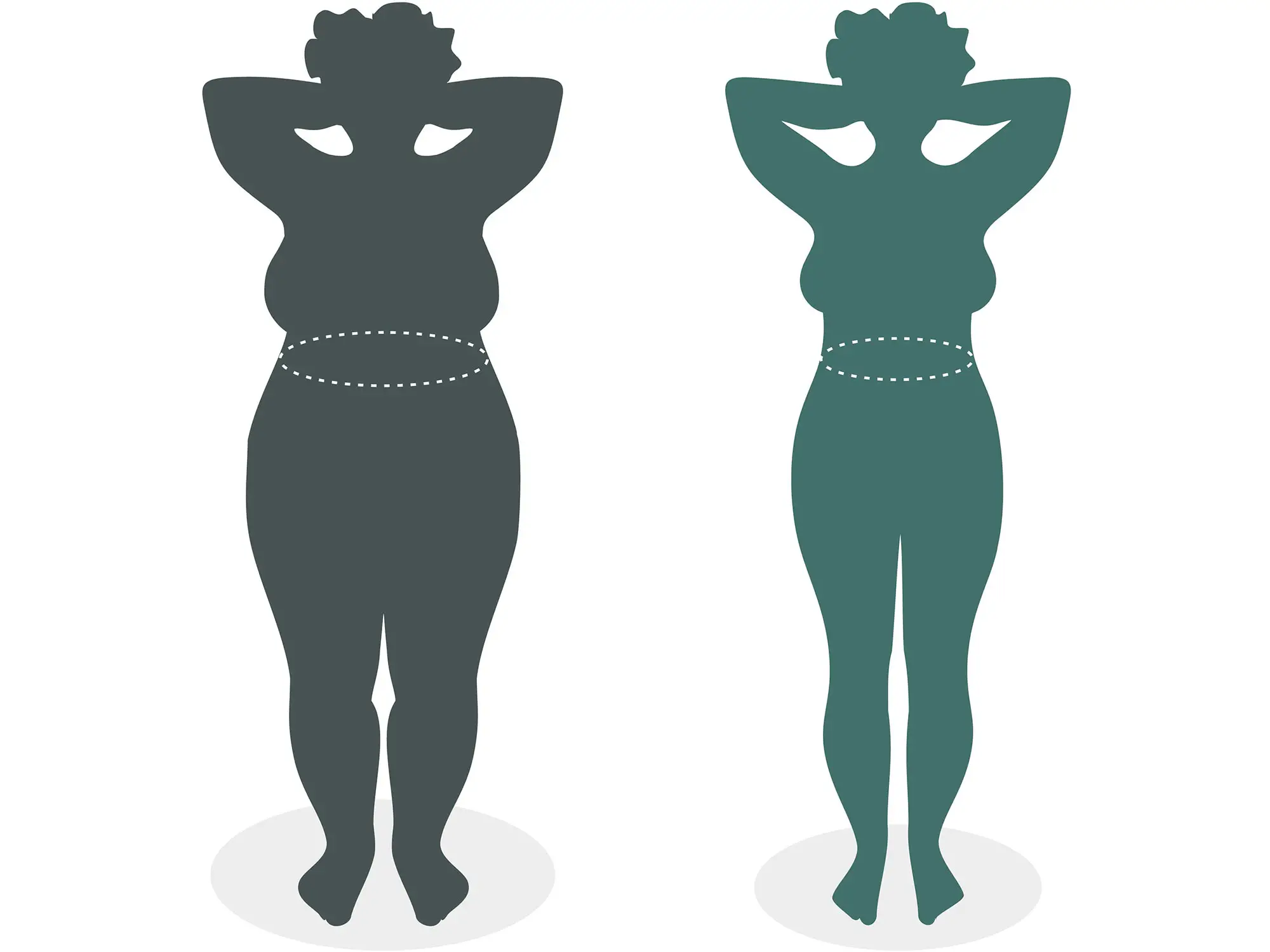Summary of Caffeine Could Reduce Body Fat and Type 2 Diabetes Risk:
Higher genetically predicted blood caffeine levels are associated with lower weight (BMI) and body fat, as well as a lower risk of type 2 diabetes, according to a study published in the BMJ Medicine. The research used Mendelian randomisation to find that caffeine might at least partly explain the inverse association between coffee consumption and the risk of type 2 diabetes, and concluded that randomised controlled trials were required to assess whether non-caloric caffeine-containing beverages could reduce the risk of obesity and type 2 diabetes. No strong associations emerged between genetically predicted blood caffeine levels and the risk of studied cardiovascular disease outcomes.
*****
High Blood Caffeine Levels Associated with Lower Weight and Risk of Type 2 Diabetes, Says New Study
A new study published in BMJ Medicine suggests that people with higher blood caffeine levels genetically associated with slower caffeine metabolism may carry less body fat and have a lower risk of developing type 2 diabetes. These findings could prompt the exploration of the potential role of calorie-free caffeinated drinks such as tea and coffee as a preventive measure for obesity and type 2 diabetes.
Observational studies suggest that regular coffee consumption is associated with a lower risk of developing type 2 diabetes and cardiovascular disease. However, these studies can’t reliably establish causal effects because of other potentially influential factors involved. The use of Mendelian randomization can be used to overcome these issues.
Using Mendelian randomization, researchers in the study analyzed the role of two common genetic variants associated with slower caffeine metabolism in nearly 10,000 people of predominantly European ancestry to obtain genetic evidence in support of a particular outcome- weight and type 2 diabetes risk.
Results of the analysis showed that people with higher genetically predicted blood caffeine levels were associated with lower weight (BMI) and body fat. They were also found to have a lower risk of type 2 diabetes. Additionally, weight loss drove nearly half of the effect of caffeine on type 2 diabetes risk. No strong associations emerged between genetically predicted blood caffeine levels and the risk of any of the studied cardiovascular disease outcomes.
The most popular sources of caffeine in the diet are coffee and tea, and an American survey showed that 64% of Americans aged 18 or over drink coffee every day, while 84% of Americans consume tea. However, other sources of caffeine such as soft drinks, energy drinks, and chocolate products are also popular. Nevertheless, coffee and tea are the most widely consumed sources of caffeine.
The researchers acknowledged various limitations to their findings, including the use of only two genetic variants, and the inclusion of only people of European ancestry. Nonetheless, caffeine is known to boost metabolism, increase fat burning, and reduce appetite. And a daily intake of 100mg has been estimated to increase energy expenditure by around 100 calories a day, which could consequently lower the risk of developing obesity.
“Our mendelian randomization finding suggests that caffeine might, at least in part, explain the inverse association between coffee consumption and risk of type 2 diabetes. Randomised controlled trials are warranted to assess whether non-caloric caffeine-containing beverages might play a role in reducing the risk of obesity and type 2 diabetes,” write the researchers.
In conclusion, these findings suggest that higher blood caffeine levels genetically associated with slower caffeine metabolism could be linked with lower body fat and a lower risk of type 2 diabetes. Nevertheless, the researchers pointed out limitations to their findings, and further studies are necessary to confirm these results. Researchers also suggest that calorie-free caffeinated drinks should be explored as potential preventive measures for developing obesity and type 2 diabetes.



Comments are closed